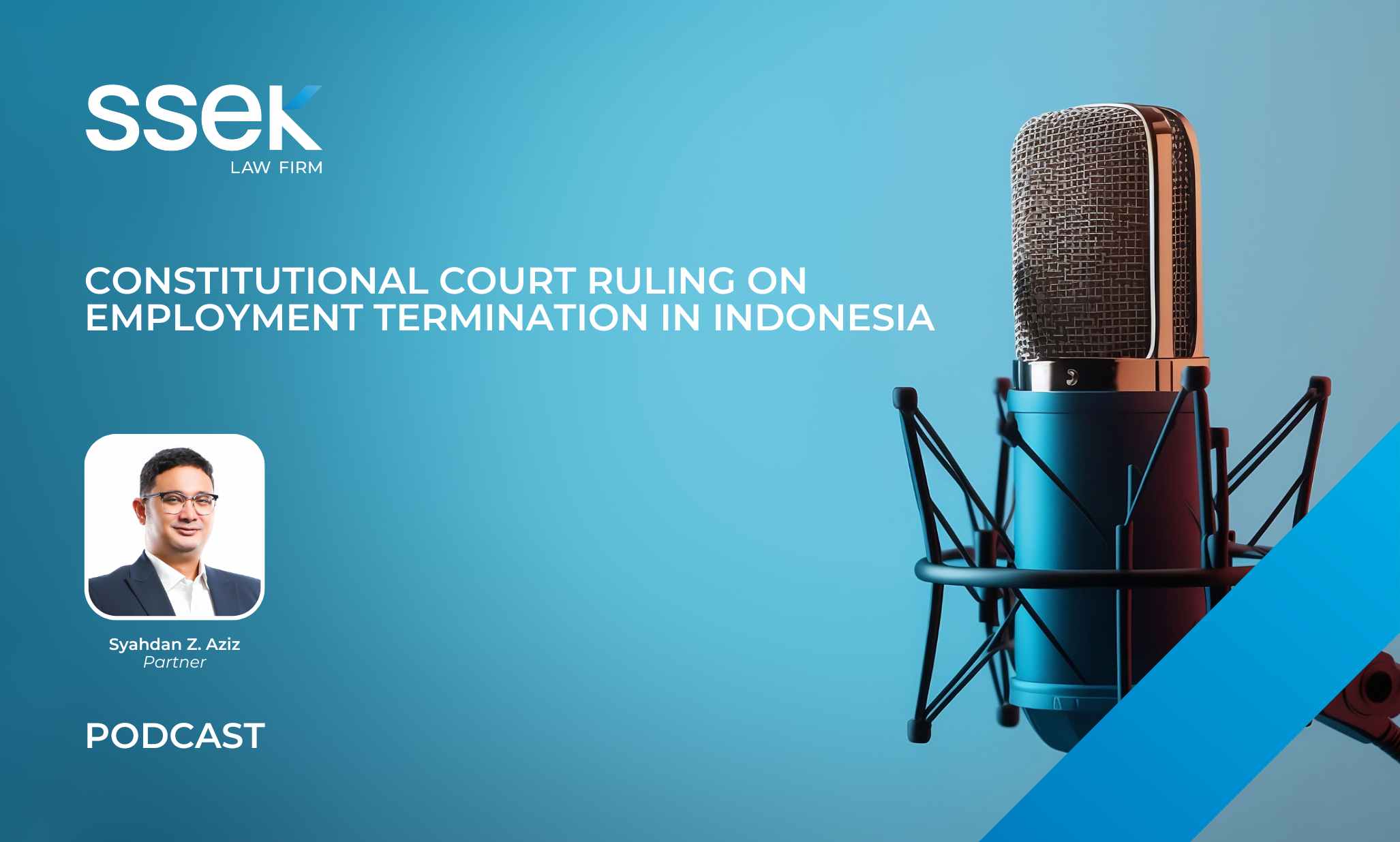

Indonesia's closely watched omnibus jobs creation bill recently became law. The stated aim of Law No. 11 of 2020 regarding Job Creation (2 November 2020) (the "Omnibus Law") is to bolster investment and create jobs by streamlining regulations and simplifying the licensing process to improve the ease of doing business in Indonesia.
The Omnibus Law, among other things, introduces several changes to the currently applicable Law No. 6 of 2011 regarding Immigration (the "Immigration Law"). We highlight some of the noteworthy changes below.
Electronic Visas and Stay Permits
The Omnibus Law amends the definition of visas and stay permits to include that visas and stay permits may be issued either manually or electronically.
Pre-investment and Second Home
The Omnibus Law adds "pre-investment" as one of the activities that expatriates can perform in Indonesia under a Visit Visa (Visa Kunjungan). Pre-investment is not included in the current Immigration Law. It is expected that this additional category will provide greater certainty and considerable ease to foreign investors who wish to travel to Indonesia for meetings and/or business discussions, as well as for potentially conducting other activities in conjunction with the establishment of a new business in the country.
Further, in relation to Limited Stay Visas (Visa Tinggal Terbatas or "VITAS"), the Omnibus Law replaces "elderly" with foreigners treating Indonesia as a "second home" on the list of foreigners eligible to obtain a VITAS. This change could benefit expatriates who do not qualify as elderly but make or wish to make Indonesia their second home. A more detailed explanation of VITAS eligibility will be provided in a Government Regulation that is to be issued.
Limited Stay Permits (ITAS) at Immigration Checkpoints
The Omnibus Law further reaffirms that expatriates who have obtained their Limited Stay Permit (Izin Tinggal Terbatas or "ITAS") at certain immigration checkpoints (i.e. designated airports/ports/borders) are not required to apply for the ITAS at their local Immigration Office, which should provide added certainty for the ITAS collection process.
Permanent Stay Permit (ITAP)
In addition to adding expatriates with a "second home" in Indonesia as eligible for obtaining an ITAP, the Omnibus Law provides that a separate Government Regulation will stipulate further provisions regarding ITAP eligibility.
Guarantors of Expatriates
A big breakthrough introduced by the Omnibus Law is the exemption from the requirement to have a guarantor (penjamin) in Indonesia for expatriates who invest in Indonesia and/or whose country of origin applies a reciprocal exemption for Indonesian nationals. Under the current Immigration Law, only foreigners who are married to an Indonesian citizen are excluded from the requirement to have a guarantor in Indonesia.
The Omnibus Law further provides that foreigners who qualify for the exemption are still obligated to deposit an "immigration guarantee" as a replacement for the guarantor. Further details on the immigration guarantee will be set forth in a Government Regulation.
This publication is intended for informational purposes only and does not constitute legal advice. Any reliance on the material contained herein is at the user's own risk. All SSEK publications are copyrighted and may not be reproduced without the express written consent of SSEK. The contents of this publication may change subject to the issuance various implementing regulations for the Omnibus Law.









